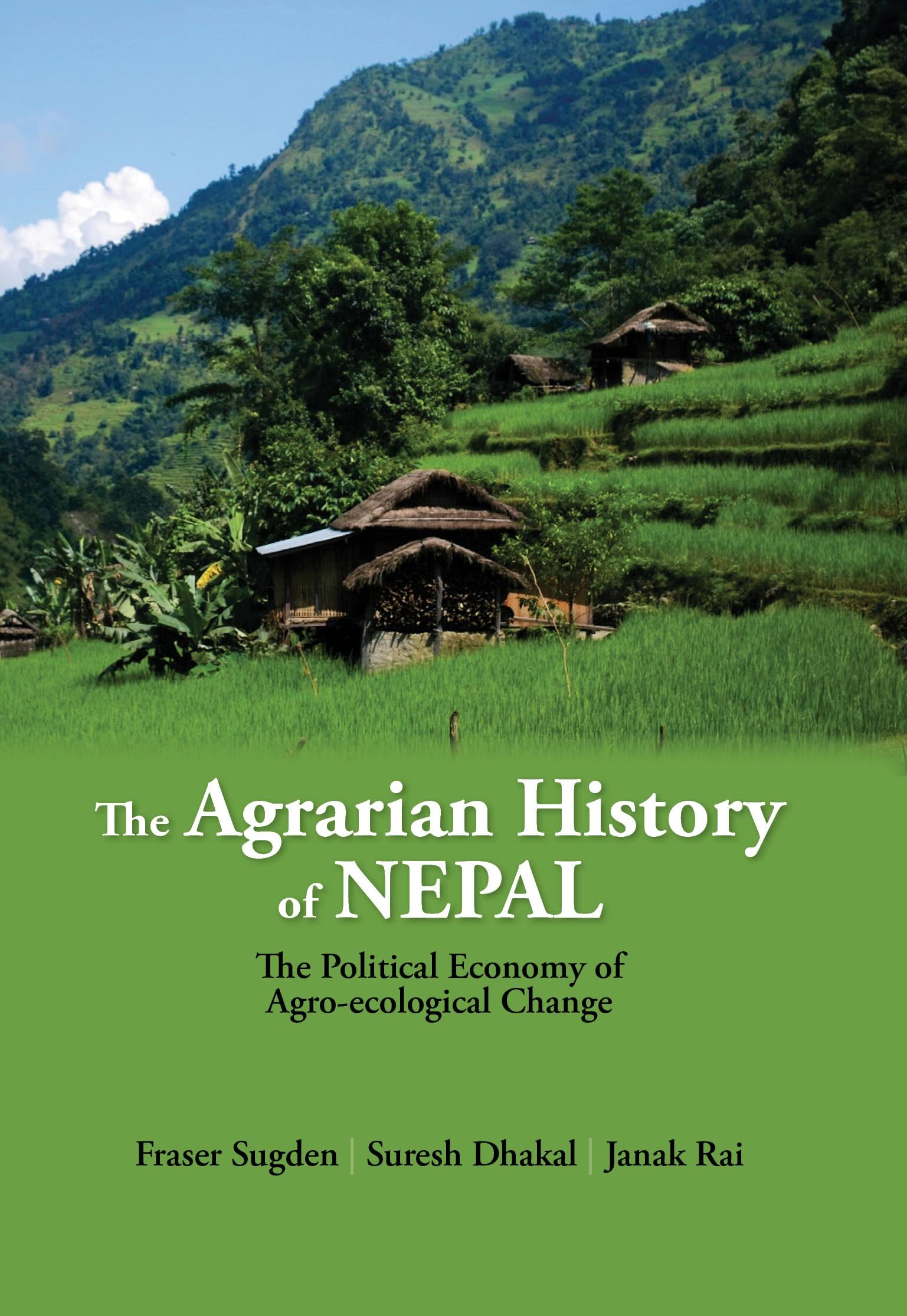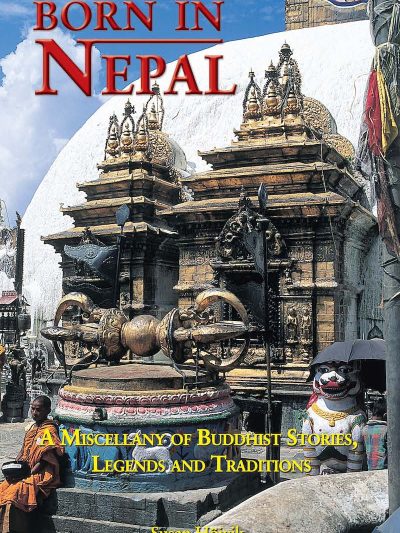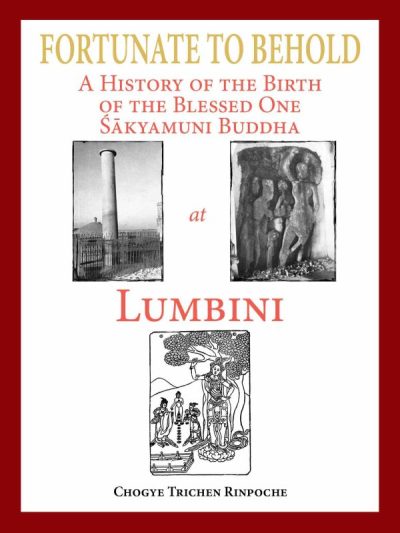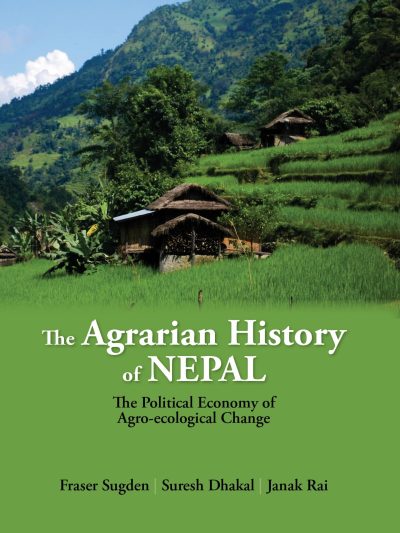Description
This book is a comprehensive analysis of the history of farming in Nepal and the political economy of agrarian transition across the country’s diverse agro-ecological and socio-cultural domains. Focusing largely on the last five centuries, it charts the evolution of diverse economic and agro-ecological systems across time and space. This includes the unique agrarian formation associated with Nepal’s Adivasi communities, as well as sedentary owner-cultivation, feudalism and capitalism. It traces the complex relations of subjugation between these different systems over time, while also offering insights into how this has mediated changes in cropping patterns, market engagement and technological change. The book uses these historical insights to offer a deeper insight into many of Nepal’s contemporary rural development challenges.
This study of the political economy of agrarian change in what is now the Federal Democratic Republic of Nepal is an extraordinarily ambitious and impressively comprehensive piece of work. Leaving aside the distinctive regions of the Kathmandu Valley, the northern mountains and the trans-Himalayan plateaus (which are nevertheless briefly addressed), the authors have provided a very detailed description and analysis of agrarian change – in the hills and the plains (the Tarai) where the majority of Nepalis now live – from the earliest times to the present. Drawing on a wide range of secondary sources and the fieldwork that each of the three authors have themselves undertaken in different parts of the country, the study adopts a theoretical framework that is broadly based on a Marxist approach to the analysis of agrarian evolution and transformation, which recognises the complex interaction (or articulation) of modes of production in space and time. This is undoubtedly a path-breaking work, which will be a must read, not only for those concerned to understand the history of agrarian change in Nepal and those concerned to identify possible future developments (in response to climate change and other factors) in this particular country, but to all those interested in agrarian change, wherever and for whatever reason.
David Seddon,
Former Professor of Politics and Sociology.
University of East Anglia.
This book, written in the most scholarly genre by deploying “ mode of production” as the conceptual framework of the radical anthropology tradition, is useful for anyone interested in understanding Nepal’s long global tradition of scholarship on the “agrarian transition” of more than 500 years from pre-capitalist to capitalist systems. In addition, the book has also contributed to unravelling regional agrarian histories, which have been glaringly missing in the scholarship on Nepal’s agrarian studies. The high academic rigour of authors is duly reflected in their powerful and original analysis of changing structures of inequality and resource distribution over time, and this, as per their evidentiary claim, is mediated by both internal and external processes on an economic, cultural, political, and ecological level. The book, in a nutshell, has empirically demonstrated that the pattern of change, throughout Nepal’s agrarian history, has been incremental rather than transformative. This monumental work has enriched Nepal’s discourses and debates on the peasantry and their divergent trajectories of change in each region of Nepal.
Laya Prasad Uprety
Professor in Anthropology








Reviews
There are no reviews yet.